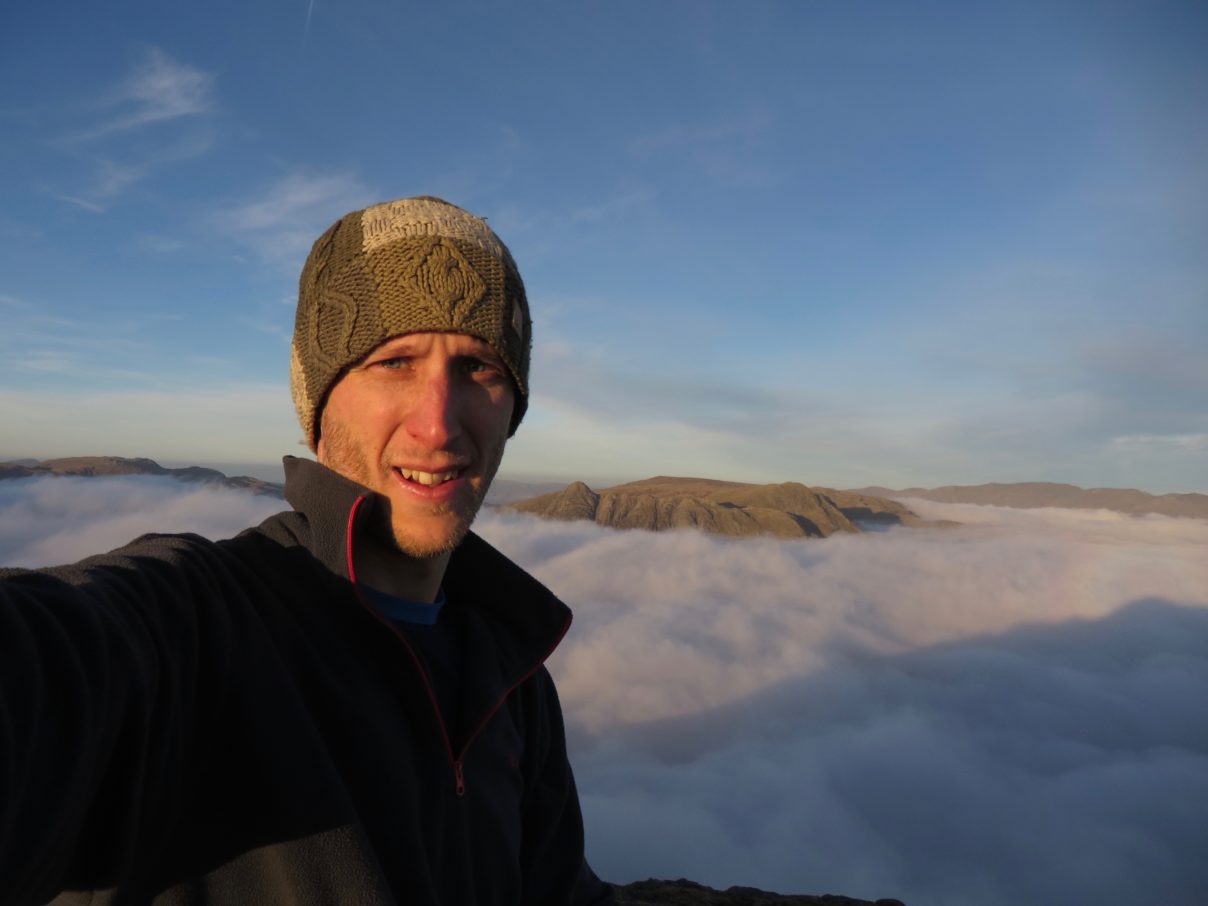James Osborn
Menu
Get in touch
- [email protected]
- +44(0)191 3342277
- Centre for Advanced Instrumentation
Department of Physics
University of Durham
South Road
Durham
DH1 3LE

UKRI Future Leaders Fellow
Founding Director,
Durham University Space Research Centre (SPARC)
Associate Professor,
Centre for Advanced Instrumentation (CfAI)
In the CfAI, I lead the free-space optics group, studying how light travels through the Earth’s atmosphere. Initially this focussed on instrumentation for astronomy, building the scientific equipment that enables astronomers to use large ground-based telescopes to study planets orbiting distant stars, how galaxies form and evolve and even the nature of dark matter in the universe. More recently I have focussed on exchanging technology and techniques from astronomy into emerging sectors such as free-space optical communications (enabling global high-bandwidth and secure connectivity) and space surveillance and tracking (enabling the sustainable exploitation of space).
My personal research is concerned with forecasting, modelling, measuring and mitigating the Earth’s atmospheric turbulence for free-space optical applications such as astronomy, free-space optical communications and satellite surveillance and tracking.
- Atmospheric Physics
The Earth’s turbulent atmosphere has two detrimental effects on light propagation, i) the image appears to wobble and blurs, losing spatial information, and ii) the brightness varies, seen as twinkling and called scintillation, limiting the temporal photometric precision. My research is concerned with forecasting, modelling, measuring and mitigating this atmospheric turbulence.
- Free-space Optical Communications
The large bandwidth available from using visible light, as opposed to conventional radio communication, will enable 10-100 times higher data rates, helping us to meet demands for higher capacity data transmissions that societies around the world have become accustomed to, as well as to increase the volume of data retrieved from space science satellites used for Earth observation, inter-planetary and deep space missions. We specialise in modelling these complex links through atmospheric turbulence including the potential of Adaptive Optics correction.
- Astronomical Instrumentation
The full potential of ground based optical telescopes can only be realised with the careful application of sophisticated instrumentation. I am particularly interested in Adaptive Optics technologies for wide-field and high-contrast imaging and high-precision time-resolved photometry.
- Space Surveillance and Tracking
The detection, identification and tracking of objects in space (active satellites, debris, rocket bodies) is critical for the sustainable use of space for future generations. I develop innovative technology to accurately identify, track and characterise objects in space.
- Space Sustainability
I am enthusiastic about multi-disciplinary research. Using novel instruments and techniques to enable the sustainable use of space, to grow the capacity and capabilities of space applications while protecting the space environment for present and future generations. This includes working with experts across law, international relations, and business operations to build a holistic model of the space environment.
